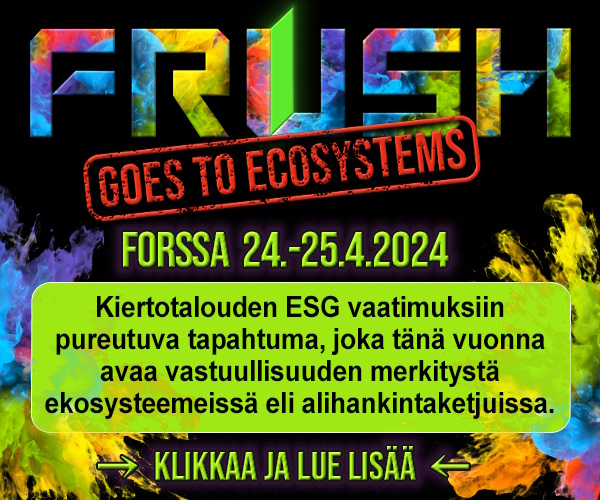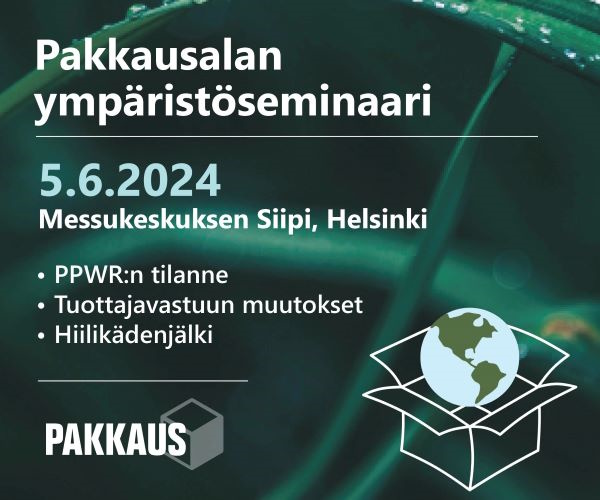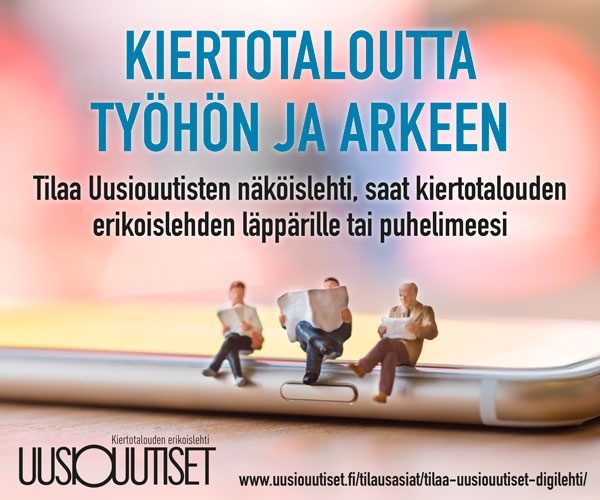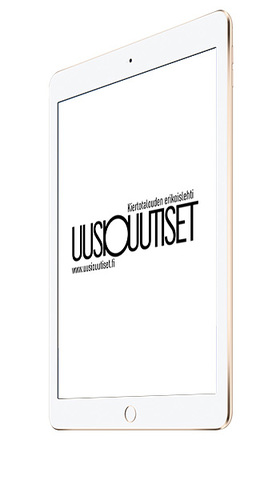Photo: Scanstockphoto. Finns consume about seven million kilograms of ham every Christmas. A passenger car can run three kilometres on…
Quo vadis, waste management industry?
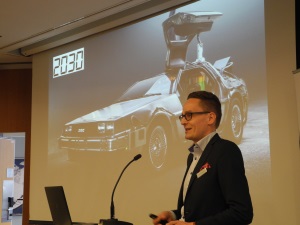
Photo: Elina Saarinen. Over a hundred players in the field of environmental industry wanted to look into the crystal ball at the YTP seminar at the end of April. The famous Delorean was featured in the opening by Tatu Rauhamäki.
An Article from Special international issue, published on 31.5.2017.
How should the waste management industry change to be able to respond to the needs of the circular economy in the future?
Elina Saarinen
Will waste management companies and other players in the field adapt themselves to the circular economy? Will the industry find its new role as a manager of material flows and provider of secondary raw materials for production, or will other players replace waste management companies in this respect?
Will the businesses be able to recycle value instead of tonnes, so that secondary raw material can become a genuine rival to virgin material? What types of collaboration networks will develop in the industry? How does the industry utilise digitalisation? Who is the owner of waste? Or will we say ‘waste’ at all anymore?
This spring, Finnish Environmental Industries (YTP), its stakeholders and a number of experts have discussed the role of waste management businesses in the circular economy by the year 2030 and beyond. Managing director Tatu Rauhamäki described the broad lines of the discussions in the spring seminar arranged by YTP in Helsinki at the end of April.
The considerations are based on global megatrends, which will change the current systems. Raw material shortage, environmental pollution, climate change and population growth are issues that require more material- and energy-efficient operating models. Consumption behaviour is changing, along with the increasing popularity of the values of sustainable development. This creates demand for new service models of sharing economy and non-ownership, as well as immateriality and reuse. Digitalisation is accompanied by the Internet of Things, robotisation, changes in the value chain and real-time monitoring. This has an effect on waste management. Urbanisation, on the other hand, requires waste management solutions for the compact urban environment and enables new industrial symbioses.
The waste management industry must be able to observe these megatrends and undergo a transformation towards the circular economy.
‘If businesses in the industry are not capable of transformation, there is a risk of being reduced to transporters and handlers of residual waste. Then they will not be able to provide enough added value in the materials loop. However, we believe that the environmental industry will play a very important role in all stages of the circular economy in the future,’ Mr Rauhamäki says.






